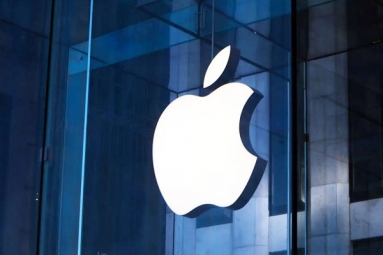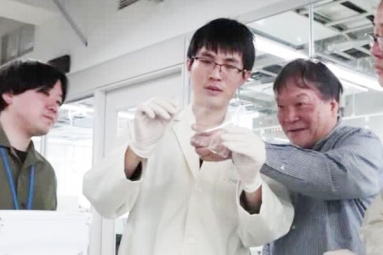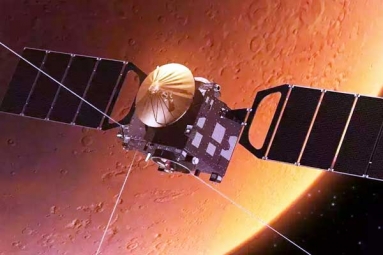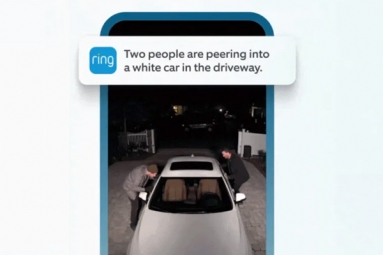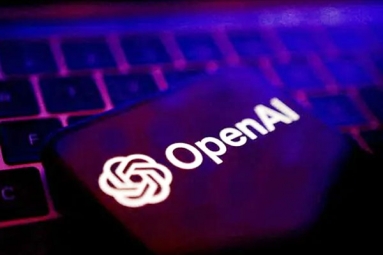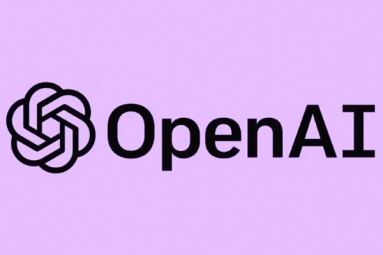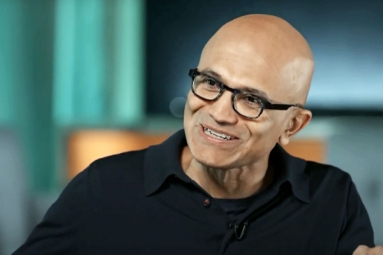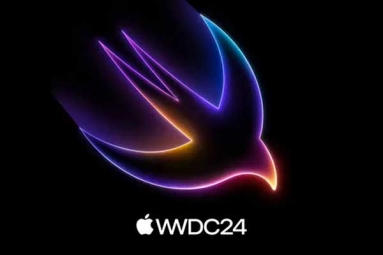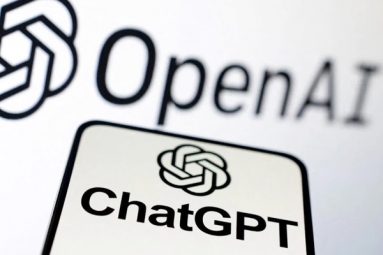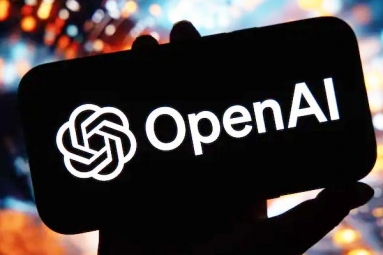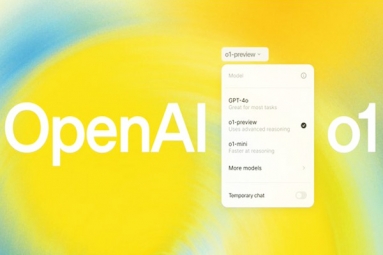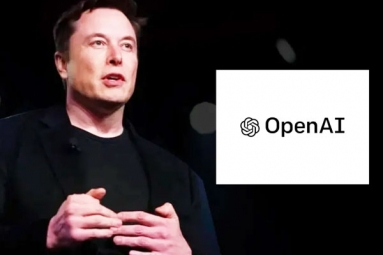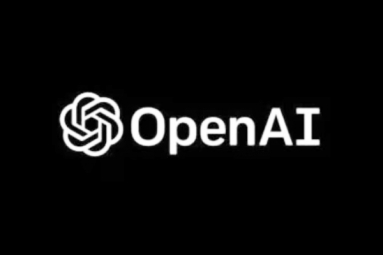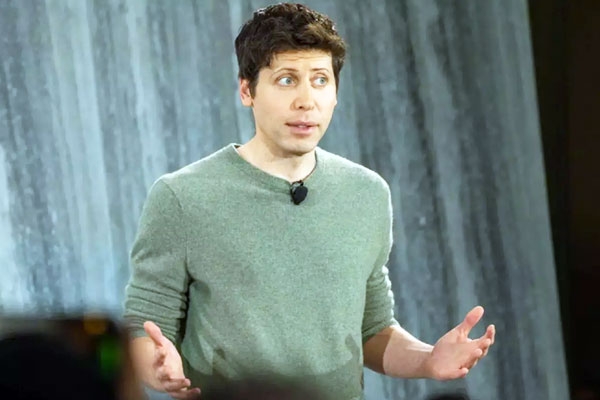
(Image source from: Thehansindia.com)
Sam Altman, CEO of OpenAI, believes artificial intelligence (AI) will significantly transform the job market, although not as quickly or as dramatically as some fear. Altman said in a recent blog post that AI could significantly change the job market, both positively and negatively, but he doesn't expect sudden job losses. “Most companies change more slowly than people think, and you don’t have to worry about running out of work,” he explains. He emphasizes that while AI will replace some tasks, it will improve human performance by allowing humans to focus on more creative and meaningful tasks. Altman believes that many things people do today would have seemed trivial to people hundreds of years ago. Likewise, future generations may find our current efforts outdated or unnecessary. But just as humans have adapted to changes in technology, he believes society will adapt to the changes brought by artificial intelligence. “Humans have an innate desire to create and serve one another,” Altman says. Artificial intelligence can help us open up new avenues of engagement.
Beyond his own work, Altman paints a broader picture of how AI is changing society. He is optimistic that artificial intelligence will enable people to achieve things previously thought impossible. He envisions a future where AI helps in everything from healthcare to education, providing “virtual tutors who can deliver personalized lessons on any topic, in any language, and at the speed you need.” It also predicts , that artificial intelligence will help solve global challenges such as climate change and scientific discoveries. Mr. Altman is particularly passionate about the potential for shared prosperity in an AI-driven future. He believes that with artificial intelligence, “every person's life has the potential to be better than life today.” But he warns that the benefits of AI must be carefully managed to avoid inequalities. A key challenge is to ensure that artificial intelligence and the computing power it requires are available to everyone, not just the rich. “If we don’t build enough infrastructure, artificial intelligence will become a very limited resource and there will be wars over it,” he warns.
At the heart of Altman's vision is the idea that artificial intelligence has already achieved remarkable results thanks to advances in deep learning. He believes this development will push the boundaries of what AI can do and allow it to solve more complex problems. “Deep learning has improved by scaling efficiently and predictably, and we have increased the resources dedicated to it,” he said. He added that this development could be one of the cases.
Altman believes that artificial intelligence will continue to evolve and become more powerful, leading to advances that were previously thought of as science fiction. He believes that the possibilities of artificial intelligence are practically unlimited, from the development of new types of software to the development of healthcare systems. However, he acknowledges that the journey to the "Age of Intelligence" will not be without its challenges. This requires careful consideration and planning to maximize the benefits of AI while managing the risks of AI, particularly potential societal and economic changes. Altman's message is cautious optimism. He sees AI as a tool that can expand human potential and create unprecedented prosperity, but only if society takes proactive steps to manage the risks and ensure that its benefits are widely shared.






